News
Dencun network upgrade activated on testnets, Mainnet in March
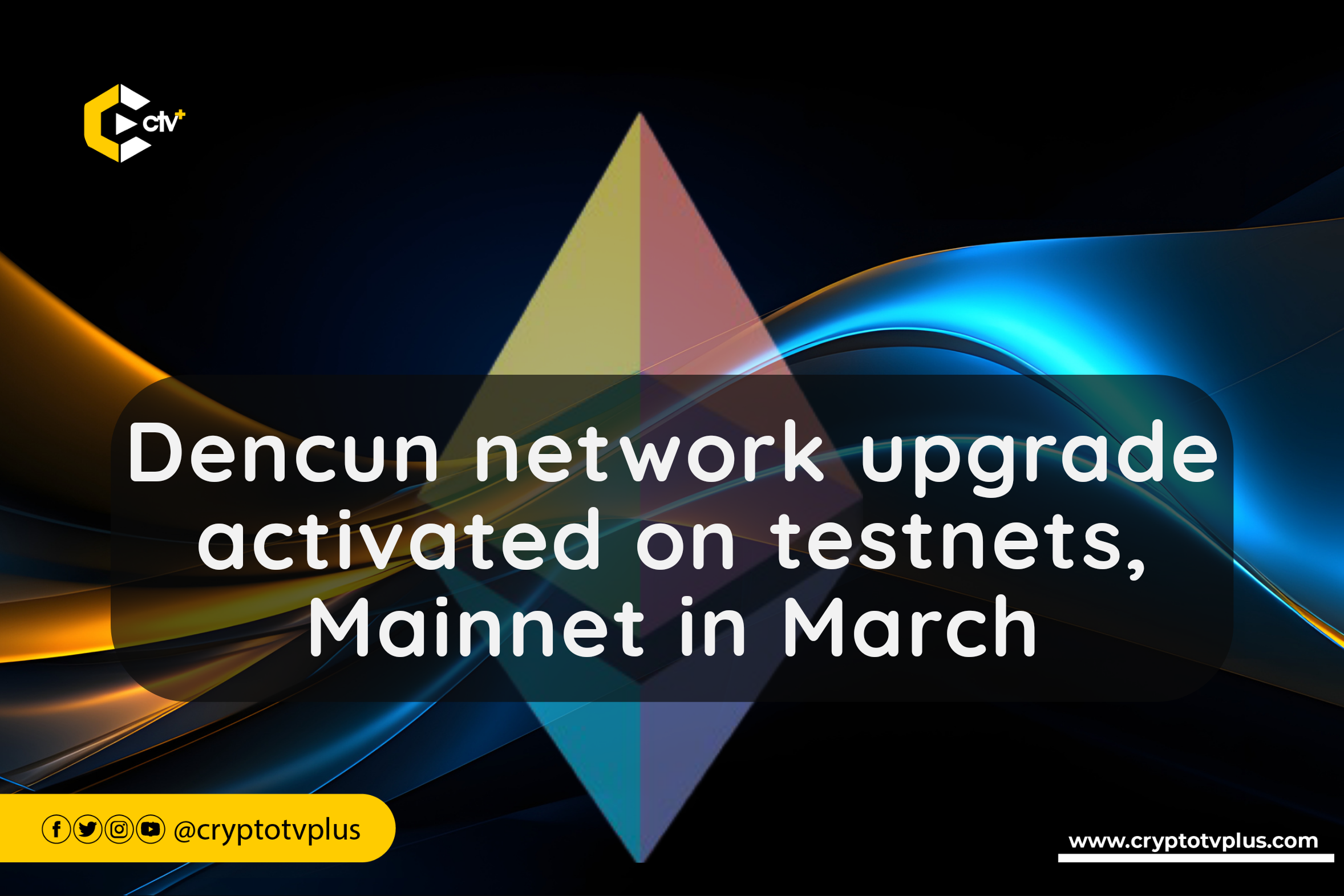
The Dencun network upgrade has successfully activated on all testnets, paving the way for its deployment on the Ethereum mainnet. According to the Ethereum Foundation, the mainnet activation is scheduled to occur at epoch 269568 on March 13, 2024, at 13:55 UTC.
The Dencun upgrade, which was introduced two years after its initial concept at ETHDenver, is a major improvement for the Ethereum network.
The key focus of the upgrade is on a feature called “protodanksharding” or EIP-4844. This significant update brings in a new concept called ephemeral data blobs, which are essentially temporary packages of data.
The primary goal of introducing ephemeral data blobs is to decrease the transaction fees on Layer 2 (L2) of the Ethereum network. Layer 2 is a secondary framework built on top of the main Ethereum blockchain, aiming to enhance scalability and reduce congestion.
By reducing transaction fees, the Dencun upgrade aims to make transactions on the Ethereum network more cost-effective and efficient, offering users a smoother and more affordable experience when interacting with the blockchain.
Additionally, the upgrade doesn’t just focus on one aspect of Ethereum; it touches on multiple layers of the network.
This includes both the consensus layer, which deals with how agreements are reached among nodes, and the execution layer, which handles the processing of transactions and smart contracts.
For the consensus layer, the recommended mainnet releases include Lighthouse, Lodestar, Nimbus, Prysm, and Teku. These are different software clients that help nodes reach agreements on the state of the Ethereum blockchain.
For the execution layer, which deals with the processing of transactions and smart contracts, the recommended mainnet releases are Besu, Erigon, go-ethereum, Nethermind, and Reth.
Within these layers, there are several changes outlined in Ethereum Improvement Proposals (EIPs). Each EIP represents a specific proposal for improving Ethereum’s functionality or addressing certain issues.
These EIPs, such as EIP-1153, EIP-4788, EIP-4844, and others listed, cover a range of enhancements aimed at improving the overall performance, security, and efficiency of the Ethereum network.
Once implemented, the Ethereum network is expected to become more robust, secure, and capable of handling a greater volume of transactions.
The Ethereum Foundation is advising those who operate nodes (computers that help maintain the Ethereum network) and stakers (individuals who participate in the network’s security) to update their software to specific versions designed for both the consensus and execution layers.
This ensures that these participants are using the latest and most compatible software for the upcoming Dencun upgrade.
The Foundation added that for Ethereum users or holders of Ether, there is no immediate action required unless their exchange or wallet provider informs them otherwise.
However, for those who run their own Ethereum nodes or are involved in staking, updating to the specified software versions is crucial to ensure compatibility with the Dencun upgrade.
Application developers are also encouraged to review the Ethereum Improvement Proposals (EIPs) associated with Dencun to understand how the changes might impact their projects.
Read also; US Senators oppose Biden’s CBDC plans, propose bill to outlaw Digital Dollar



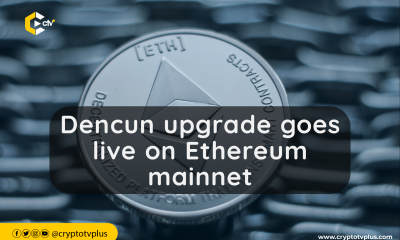

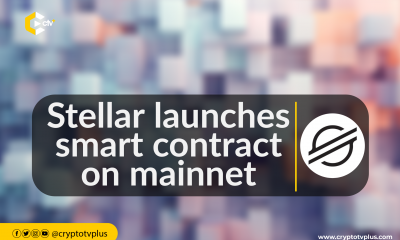

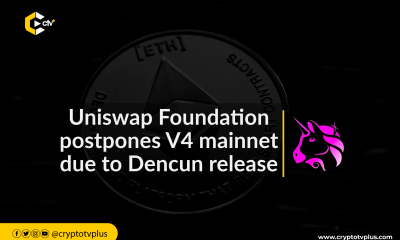

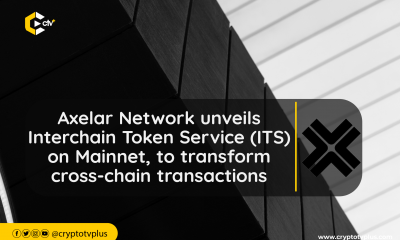

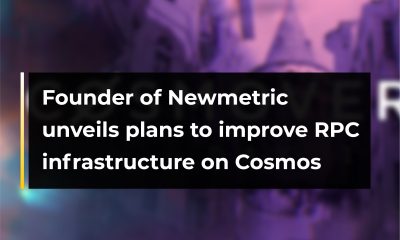

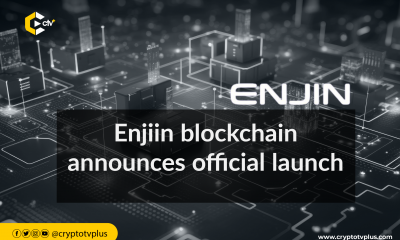











Pingback: Coinbase expands asset recovery tools to BNB and Polygon chains | CryptoTvplus - The Leading Blockchain Media Firm
Pingback: FTX opens asset claim window for creditor distributions | CryptoTvplus - The Leading Blockchain Media Firm